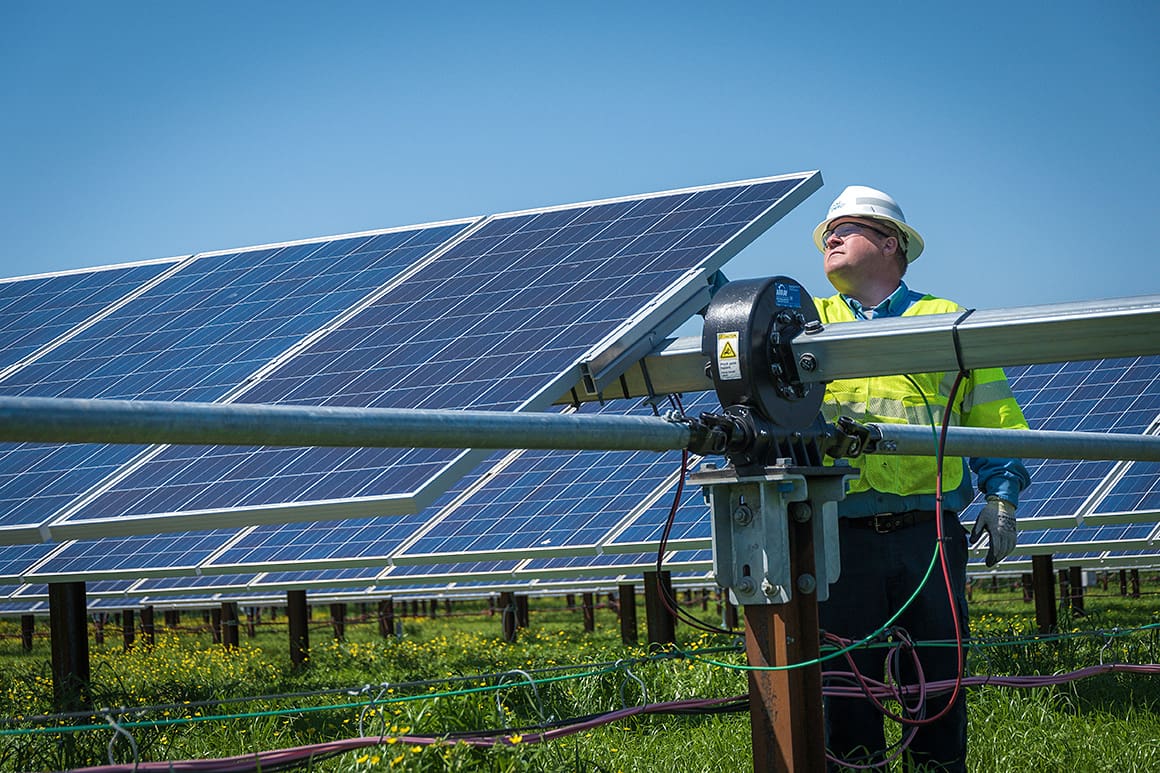
Clean Power Companies Seek Approval to Charge More for Electricity
Clean power companies across the United States are urging regulators to allow them to increase the prices of their electricity, a move that could have significant implications for state-level climate targets. While the appeals to regulators are most vocal from East Coast offshore wind developers, they are also coming from solar developers in the Midwest, battery storage providers on the West Coast, onshore wind developers in New York, and hydropower and transmission companies in New England, among others.
These companies argue that the economic aftermath of the pandemic, including inflation, supply-chain disruptions, and higher interest rates, has eroded the expected profits from their planned projects, making them vulnerable to cancellation. Solar developer BNRG Maine, LLC, for example, petitioned Maine’s Public Utilities Commission last November, stating that the costs to develop and construct their solar projects had significantly increased since signing the contracts in 2020. Offshore wind developer Ørsted A/S also expressed concerns about changing conditions, including increased capital costs and inflation.
Trade groups have also warned that failure to revisit existing contracts and offer companies greater returns could jeopardize state climate goals. The Alliance for clean energy New York (ACENY) highlighted the potential for cancellations or delays in clean energy projects to derail New York’s schedule for renewable development, causing the state to miss its mandates under its landmark climate law.
Regulators, however, must carefully weigh these warnings against the possibility of higher costs for ratepayers. Some states have already indicated that they do not plan to grant relief, at least not for contracts that have already been finalized. Massachusetts regulators denied an offshore wind developer’s petition to revisit a contract, emphasizing the potential harm to ratepayers and the precedent it could set for future agreements. On the other hand, the New York State Energy Research and Development Authority acknowledged the possibility of price adjustments to existing contracts while expressing concerns about the burden on ratepayers.
Although the renegotiation of clean energy contracts may lead to increased costs, some analysts believe it will not significantly impede state climate goals. The Northeast, which relies heavily on natural gas for electricity production, has ambitious clean energy laws. While the rising costs of clean energy projects may cast doubt on the prospect of lower energy bills, these costs are expected to be manageable and will not undermine states’ climate goals.
The dispute over the renegotiation of contracts is most prominently playing out in the Northeast, where clean energy companies’ attempts to revisit contracts or include higher costs in future contracts are creating tensions between politicians and companies. In Massachusetts, the attorney general’s office recommended scaling back the size of future offshore wind solicitations to protect ratepayers, but the Department of Energy Resources moved forward with a larger solicitation. In New York, there are requests for renegotiations on a significant amount of onshore renewable capacity and transmission lines, but the state’s investor-owned utilities are pushing back and calling for regulators to stand firm.
While the outcome of these disputes remains uncertain, it is clear that clean power companies are seeking financial relief to mitigate the economic challenges they face. The decisions made by regulators will not only impact the profitability of these companies but also the progress towards state-level climate targets.
Original Story at www.eenews.net – 2023-09-13 10:49:00


Comments are closed.